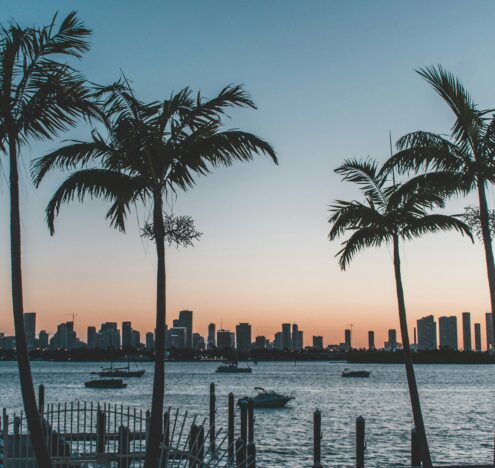This analysis was featured in Critical State, a weekly newsletter from Inkstick Media and The World. Subscribe here.
“Democratic peace” is a concept that was once a shibboleth in international security policy and has since become the opposite: A shibomore. International democracy promotion efforts grew in the 1990s and 2000s under the axiom that countries with democratic institutions simply would not fight wars with one another. Subsequent research, as well as some light engagement with the actual historical record, has shown that countries with democratic institutions have actually fought wars with each other plenty of times. Yet, the idea that democratic accountability can encourage peaceful dispute resolution remains a powerful one, and there are instances where it happens. This week and next in Deep Dive, we’ll look at the current state of the literature on democratic peace and the conflicts democracy might help prevent.
One area where traditional democratic peace theory gets tripped up is in dealing with civil wars. If democratic institutions allow for improved dispute resolution between states, then logically they should be even better at resolving disputes within states. Yet, in reality, countries with democratic institutions face civil wars with some regularity. Researchers have long debated whether democracy has any clear effect on the likelihood of civil war onset and, if so, how democratic a country has to be to get any benefit in preventing civil wars.
If democratic institutions allow for improved dispute resolution between states, then logically they should be even better at resolving disputes within states. Yet, in reality, countries with democratic institutions face civil wars with some regularity.
Some political scientists — most notably Christian Davenport — suggested that the answer might lie in disaggregating democratic institutions. His argument was that the democratic features that allow regular people to communicate policy preferences to leaders do more to prevent civil war onset than democratic features that only empower elites. In a new article in International Studies Quarterly, political scientists Hanne Fjelde, Carl Henrik Knutsen, and Håvard Mokleiv Nygård take Davenport’s argument as a jumping off point. Accepting that different types of democratic institutions have different effects on civil war onset, Fjelde et al. propose a different approach to categorizing institutions. Rather than splitting democratic institutions between mass and elite focuses, Fjelde et al. split them between institutions that increase the majority’s power in the country and institutions that protect minority interests from majority power.
Fjelde et al. call institutions that increase majority power — like competitive elections in which most if not all citizens can vote — “vertical constraints” on elite power, because they reach up from the masses to those who ostensibly control government. Institutions that limit attacks on elite minority interests, like property rights and an independent judiciary, are in turn “horizontal constraints” because they largely protect the elite from one another, preventing retribution against one party when another takes power. They created indices for both vertical and horizontal constraints, and rated roughly 7,000 country-years covering 167 countries on the quality of each country’s constraints in each year.
Using those ratings, the researchers were able to evaluate the effects of the constraints on civil war onset. Unsurprisingly, both types of constraints help. Perhaps more surprisingly, horizontal constraints seem to matter more than vertical restraints in preventing civil wars. Horizontal constraints, which allow elites who are out of power to trust that they won’t be killed, immiserated, or otherwise deprived of their status before they get a chance to resume power, appear to keep those disempowered elites from getting any big ideas.
More interesting, however, is the interaction between horizontal and vertical constraints. Generally, the two are mutually reinforcing — the more of one, the more effective the other is in reducing the likelihood of civil war onset. At the margins, however, things get weird. Specifically, when a country lacks horizontal constraints, improving its vertical constraints doesn’t reduce the risk of civil war. All the elections in the world, it seems, will not improve a country’s dispute-resolution mechanisms if the people who lose those elections have no protection from the people who win them. Democratic peace only functions on the domestic level when the rule of law is present to intervene on its behalf.




















